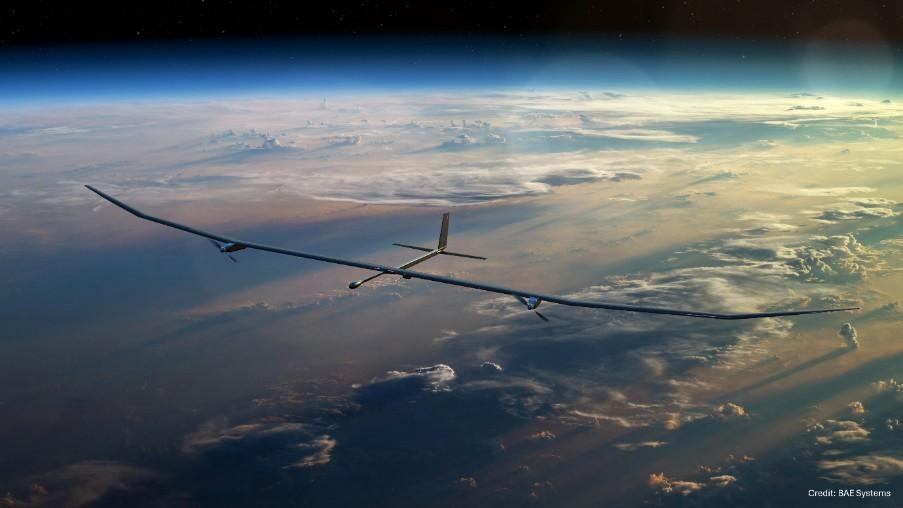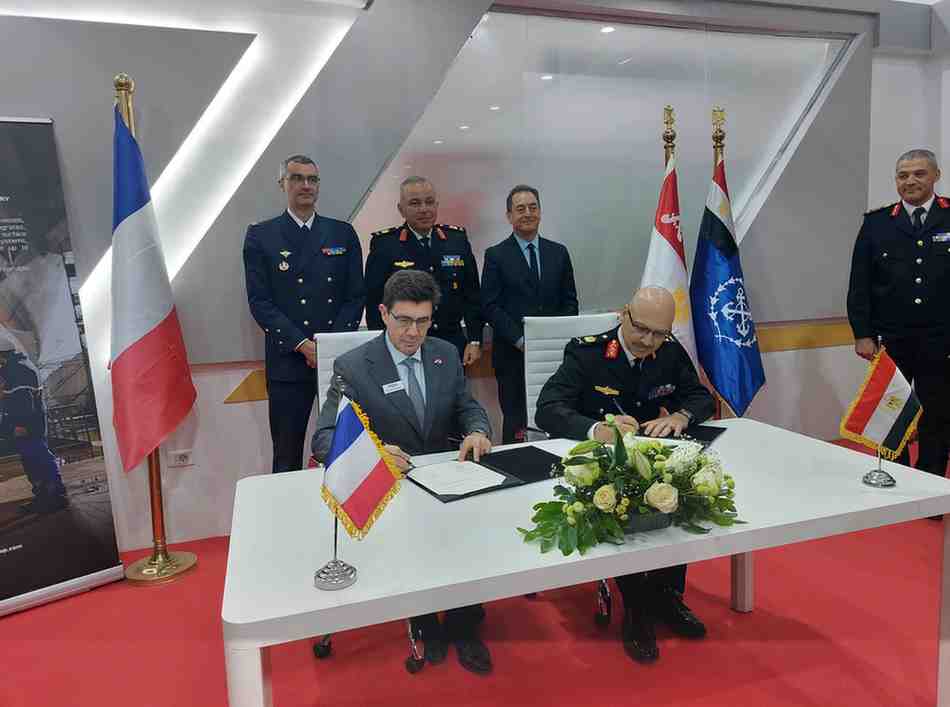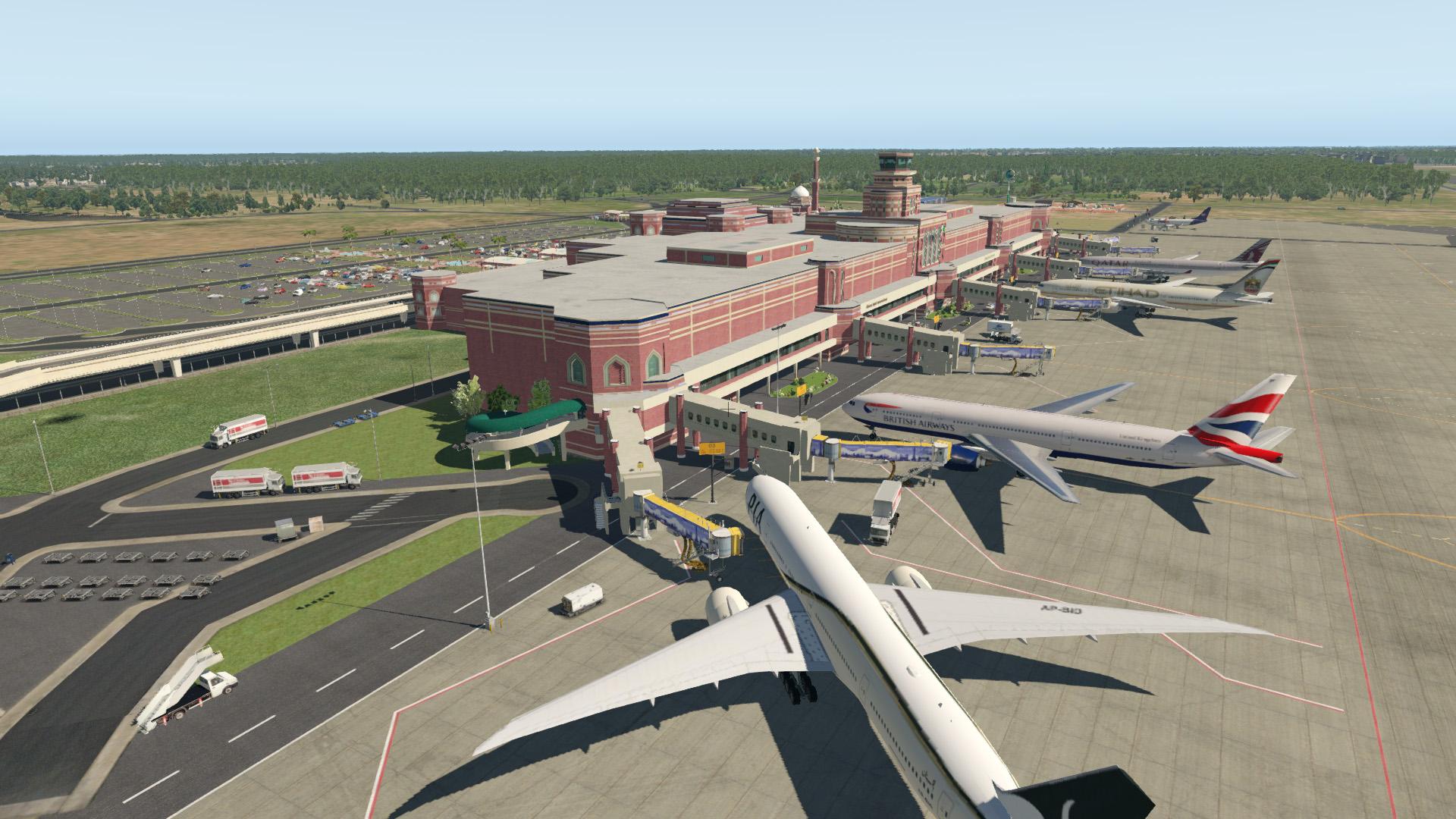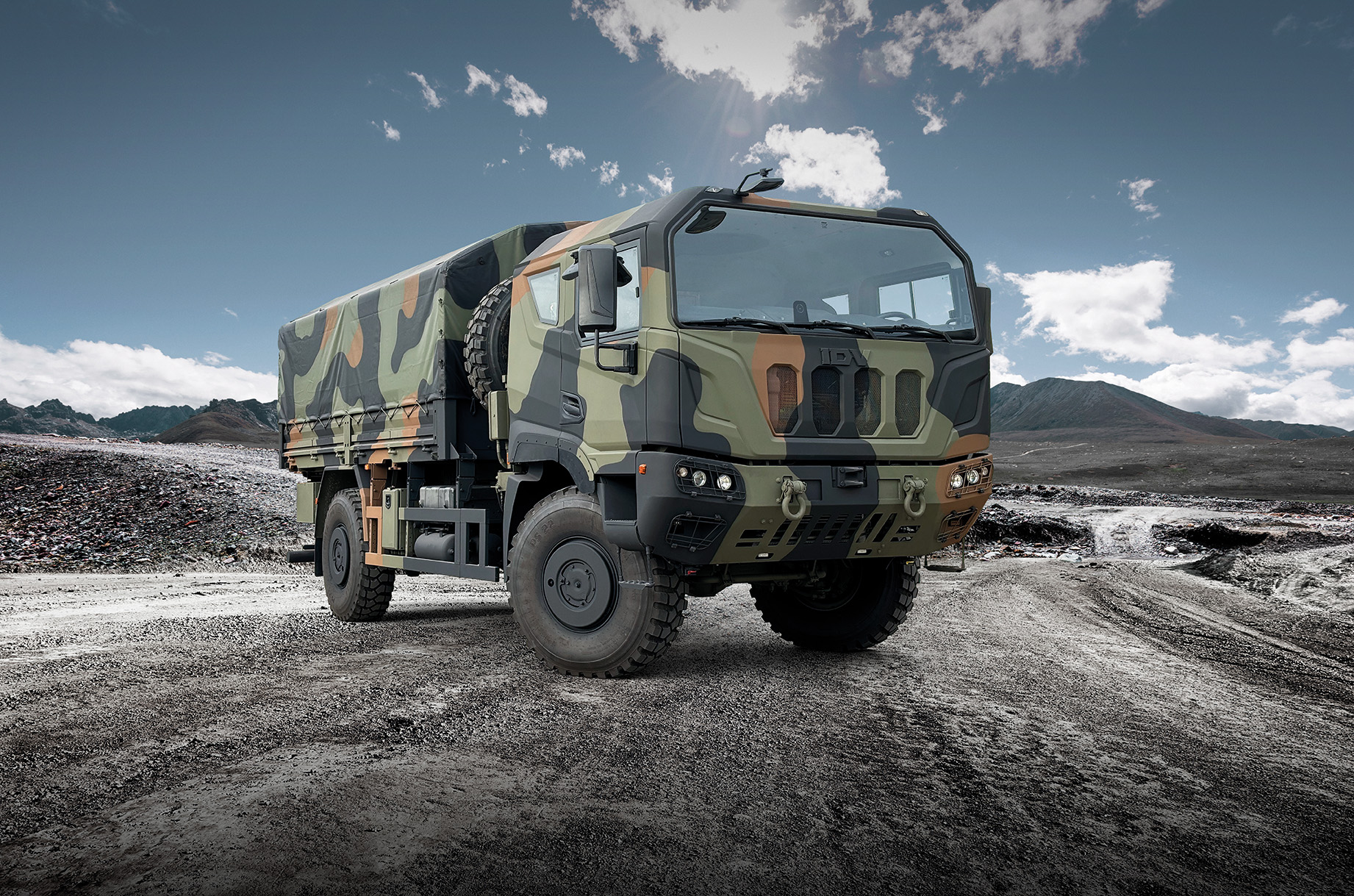British battery technology company Lincad has been awarded a contract to supply a custom PHASA-35 battery system to Prismatic, a BAE Systems subsidiary, for the UK’s pioneering solar-powered unmanned aerial system. This high-altitude pseudo satellite (HAPS), known as PHASA-35, is designed for long-endurance missions in the stratosphere, supporting surveillance, communications, and environmental monitoring.
The agreement cements Lincad’s position as a key technology provider in the stratospheric drone market, delivering high-voltage lithium-ion batteries that power PHASA-35 during night-time operations. By day, the platform relies on advanced solar photovoltaic arrays; by night, it switches to onboard battery power—making Lincad’s technology essential to the system’s 24/7 performance.
Table of Contents
TogglePHASA-35: A Strategic UK-Built Stratospheric UAS
Developed at Prismatic’s Hampshire facility, PHASA-35 is a lightweight, solar-electric unmanned aerial system with a 35-metre wingspan and operational weight of just 150kg. It operates above 66,000 feet—well beyond commercial air traffic—making it ideal for persistent intelligence, surveillance, and reconnaissance (ISR) missions. Unlike traditional satellites, PHASA-35 can be deployed quickly and updated frequently.
The platform successfully completed stratospheric flight trials in 2023 and 2024 and is expected to enter service by 2026.
Inside the PHASA-35 Battery System by Lincad
The PHASA-35 battery system developed by Lincad integrates lithium-ion pouch cells and a bespoke battery management system (BMS). The BMS handles power regulation, performance monitoring, and built-in safety protocols. Given the mission’s altitude and endurance requirements, Lincad’s engineers had to overcome major design challenges around size, weight, and energy density.
“This project pushed the boundaries of battery engineering,” said Peter Slade, Joint Managing Director at Lincad. “We delivered a lightweight, high-performance battery system tailored to the exacting demands of PHASA-35.”
A unique assembly process and custom enclosure design were implemented to ensure the battery system could operate reliably in extreme conditions, including sub-zero temperatures and low atmospheric pressure.
BAE Systems HAPS Collaboration Strengthens UK Industry
PHASA-35, backed by BAE Systems and the UK aerospace sector, represents a growing shift toward renewable-powered ISR platforms. The collaboration between Prismatic and Lincad showcases the strength of British innovation in high-altitude UAV design.
“PHASA-35 is a British-led capability built on effective partnerships,” said Bob Davidson, CEO of Prismatic. “Lincad’s battery system is critical to delivering long-duration, stratospheric flight.”
Conclusion: A Milestone for UK Stratospheric Drone Technology
The Lincad–BAE Systems HAPS collaboration reflects increasing demand for solar-powered, high-altitude platforms that bridge the gap between drones and satellites. With its proven flight trials and cutting-edge battery system, PHASA-35 is positioned to become one of the most capable stratospheric drones in the global defense and aerospace market.
- GDI Staffhttps://defensetalks.com/author/umair/
- GDI Staffhttps://defensetalks.com/author/umair/
- GDI Staffhttps://defensetalks.com/author/umair/
- GDI Staffhttps://defensetalks.com/author/umair/












